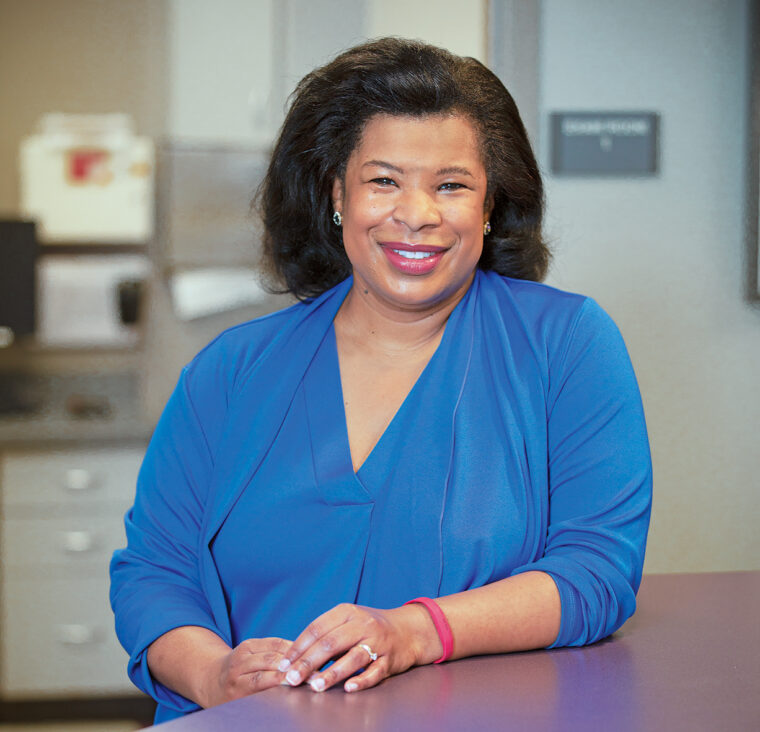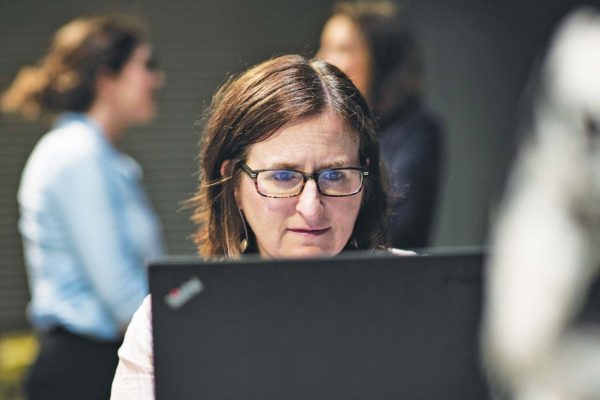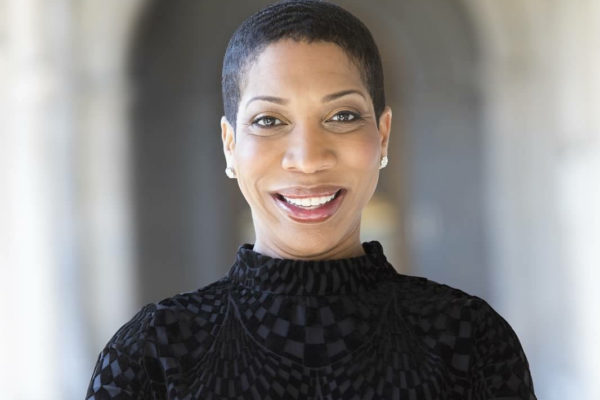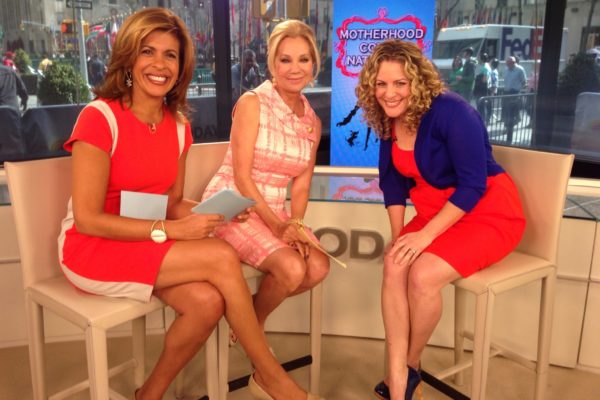Monique Williams knew from a young age she wanted to be a doctor. Williams’ father was dean of the Graduate School of Arts & Sciences in the early 1980s. “All of my babysitters were Washington University pre-med students,” she says. Growing up, Williams engaged her father’s co-workers, talking about current events or new advancements in science.
“My impression of WashU was that it was a positive, nurturing and supportive environment of people who would listen patiently to an 8- or 9-year-old.”
Although she received a full academic scholarship to Johns Hopkins University, Williams decided to attend WashU, in part because of her early experiences with the school.
Williams, AB ’95, MD ’99, MSCI ’08, knew she wanted to study geriatric medicine, thanks to a great-grandmother who lived to be 114. But Williams had studied French ever since she was 7, so she decided to double-major.
“My senior thesis in biology looked at Alzheimer’s and genetics in African-Americans, and my other thesis was in French, looking at Marguerite Duras,” says Williams, in the manner she says everything: rapidly, bubbly and matter-of-factly.
“Duras was a French writer who spent time in Vietnam,” Williams explains. “She wrote about the infrastructures in societies that tend to marginalize women who actively pursue their identities.”
Actively pursue their identities. It’s a phrase fitting for a woman who is a doctor, teacher, lecturer, researcher and advocate.
After graduating from medical school, Williams held many positions, including assistant professor of medicine and psychiatry at WashU; interim chief of the division of geriatrics and palliative medicine and director of geriatric education and outreach at the Garrison Institute on Aging at Texas Tech University Health Sciences Center; and medical director for VITAS Healthcare-St. Louis, a hospice. Now, she’s a physician with BJC Medical Group.
Her former-supervisor-turned-colleague calls Williams a triple threat: “She is an excellent clinician; she’s good at teaching; and she still does a bit of research,” says David Carr, MD, the Alan A. and Edith L. Wolff Distinguished Professor of Geriatric Medicine. “I think she’s got all bases covered.”
It’s not, however, just her academic and clinical talents that make Williams exceptional. “I think she has many strengths. One is her love and passion for older adults. She’s an outstanding clinician, who has an open communication style,” Carr says.
That style suits Williams in the office and in the community, where she focuses on one of her passions: diversity in research.
To do good science in any community, she says, you need a few things, one being context. “If you pick a venue that is not historically or culturally relevant, that can be a problem,” Williams says. So she hosts programs at relevant places, like the now-defunct Phyllis Wheatley Heritage Center. “We’d get everyone to come because it was a location that was relevant for the African-American community,” she says. “Everyone had gone there for a dance at some point.”
The results? Uncovering significant scientific findings about, for example, how a particular gene confers risk of Alzheimer’s disease differently for people who self-report as African-American versus those who self-report as white.
“Advocate” was already one of Williams’ identities at WashU. During summers, she traveled to the National Institutes of Health to do research, but she also worked with her mother teaching study skills to students entering college on athletic scholarships. “I’d say, ‘Yes, you’re going on an athletic scholarship, but you need a Plan B.’ Some went on to get master’s degrees and MBAs,” Williams says.
“My father and mother and grandparents always strongly emphasized the importance of giving back and making sure you’re helping to facilitate and empower future generations,” she explains. Williams still models that lesson, as does her husband, Franklin Stephenson, who is her ardent supporter, attending and assisting with community engagement programs nearly every week. Williams knows the source of her passion for advocacy.
“I always thought, when I was a kid, ‘Everybody serves, and everybody educates.’”



